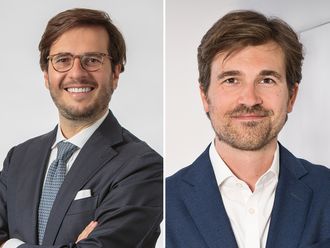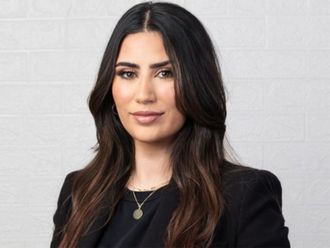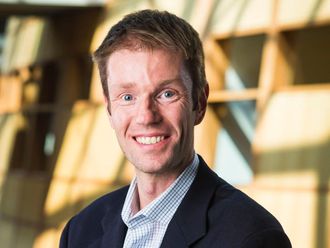The UAE has its own parliamentary experience that stems from unique circumstances and the nature of its administration. The nation has adopted a gradual political approach to develop its parliamentary experience, and taking into consideration circumstances from domestic, regional and international dynamics. The electoral experience was characterised by consistency between the Federal National Council (FNC) and the Cabinet, which spared the country a lot of time wasted in useless discussions, unlike the parliaments in neighbouring countries where deep sectarian and political divisions prevail, hindering development programmes, instead of actively contributing to them.
The FNC contributes actively in discussing economic issues and submitting them to the Cabinet. This harmony has largely helped in the implementation of important proposals that have had positive repercussions on economic and social development in the country.
In this regard, it is vital to refer to certain bills and draft resolutions issued by the FNC and adopted by the Cabinet, whereby temporary committees are formed in addition to the permanent ones. The move aims to increase effectiveness in discussing development issues and keeping up with the rapid growth that characterises the Cabinet’s focus.
One of the committees is dedicated to studying human resources development and another one is tasked with recruiting Emirati citizens into the public and private sectors, while a third is dedicated to examining the policy of the Ministry of Education, and a fourth is responsible for discussing increases in prices of oil derivatives.
In addition, the FNC has made many development initiatives and called for setting incentives and financing facilities to encourage citizens to invest in small and medium-scale enterprises. Based on this call, the Cabinet recently issued a resolution on forming a federal council for the development of SMEs, which play a pivotal role in development and comprise 90 per cent of the GDP of developed countries such as Japan and South Korea.
The Federal Council is expected to increase development of SMEs, leading to increased Emirati investments in setting up their own enterprises and non-reliance on government jobs. It will also help raise job opportunities and reduce unemployment rates.
Within this approach, the FNC has recommended development of work programmes for the professions of fishing and fish trade as well as for supporting the groupings of fishermen and farmers, traditional professions practised by Emiratis.
The FNC has also recommended more attention be given to administrative development and avoiding overlapping of powers, competencies and tasks between several federal and local government agencies which could complicate bureaucratic procedures and delay transactions.
Furthermore, the lower house of parliament has also passed important decisions on women’s integration into the job market and development programmes. It issued instructions for giving attention to the issues of youth, sports, culture and humanitarian works. It has also approved intensifying control and supervision over cooperative societies to protect the rights of consumers and given the important economic and commercial role these societies play. This is another evidence of the FNC’s inclusive developmental role in all fields.
At present, the UAE is all set to elect its third FNC on October 3, and is exerting immense efforts to encourage the Electoral College to choose the best candidates to support the its role, especially with new approaches and specifically those related to economy and development.
This is because every vote of the Electoral College can change a lot. This reminds us of the first voting that took place in the early days of the US independence to choose either the English language or German. English was chosen but by a margin of only one vote. Otherwise, German would have prevails in today’s world instead of English, due to the US’s economic, political and cultural weight.
The members of the Electoral College are expected to consciously select representatives who will contribute with recommendations and submit draft laws in compliance with the UAE’s official directives, to increase growth rates, boost living standards further and continue to diversify sources of national income.
Dr Mohammad Al Asoomi is a UAE economic expert and specialist in economic and social development in the UAE and the GCC countries.












